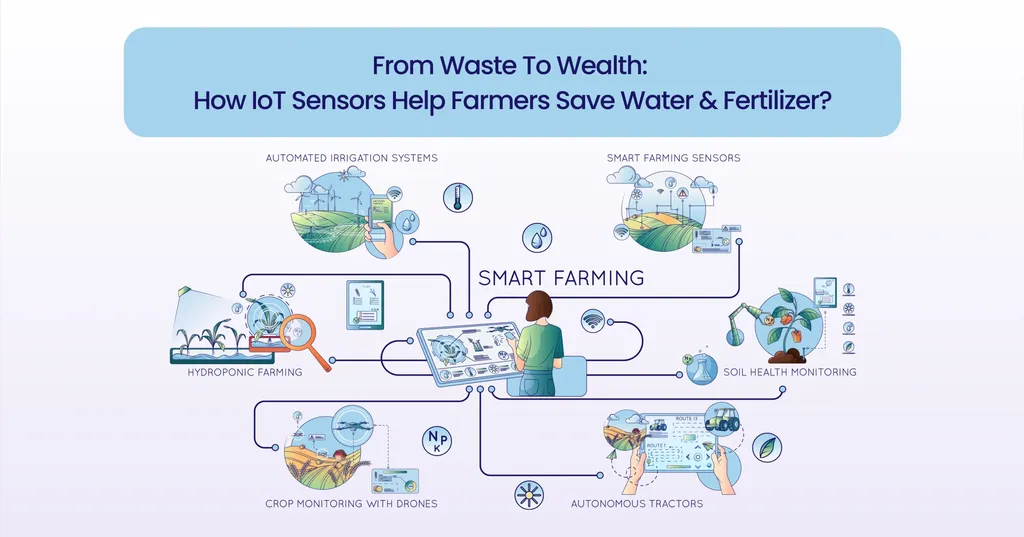In the heart of Cyprus, a quiet revolution is taking place in potato fields, where a cutting-edge approach to water and nutrient management is not only boosting yields but also slashing environmental impacts. A recent study led by Damianos Neocleous, published in the journal *Frontiers in Agronomy* (which translates to *Frontiers in Field-Crop Science*), is turning heads in the agritech world, offering a glimpse into the future of sustainable agriculture.
The research, conducted in the Kokkinochoria region, compared a sensor-based, IoT-connected ferti-irrigation tool (GS) with conventional practices (CL). The results are striking. “We saw a reduction in nitrogen and phosphorus potential losses by over 50%,” Neocleous explains. “This is a game-changer for regions facing water scarcity.” The study also revealed a significant improvement in water productivity by 37% and a dramatic decrease in overwatering by 84%.
What’s more, despite reduced water and nutrient inputs, tuber yields under the GS approach remained impressively high, exceeding 50 t/ha, with no compromise in quality. “The yield per unit of nitrogen supplied remained consistent across treatments, but the yield per unit of nitrogen lost varied,” Neocleous notes. This highlights the environmental benefits of the GS approach, which also reduced input costs and labor while increasing gross profit.
The implications for the energy sector are profound. As water scarcity becomes an increasingly pressing issue, the demand for efficient water management technologies is set to rise. This research could pave the way for similar IoT-based sensor practices to be adopted in other crops and regions, reducing the environmental footprint of agriculture and contributing to a more sustainable future.
The study’s findings are a testament to the power of technology in transforming traditional practices. As Neocleous puts it, “This is not just about improving yields; it’s about doing so in a way that’s sustainable and environmentally responsible.” With such compelling results, it’s clear that the future of agriculture lies in smart, sensor-based technologies that balance productivity with sustainability.
As the world grapples with the challenges of climate change and resource depletion, innovations like these offer a beacon of hope. They remind us that with the right tools and approaches, we can meet our food production needs without compromising the health of our planet. The research published in *Frontiers in Agronomy* is a significant step in this direction, setting a new standard for sustainable agriculture.

